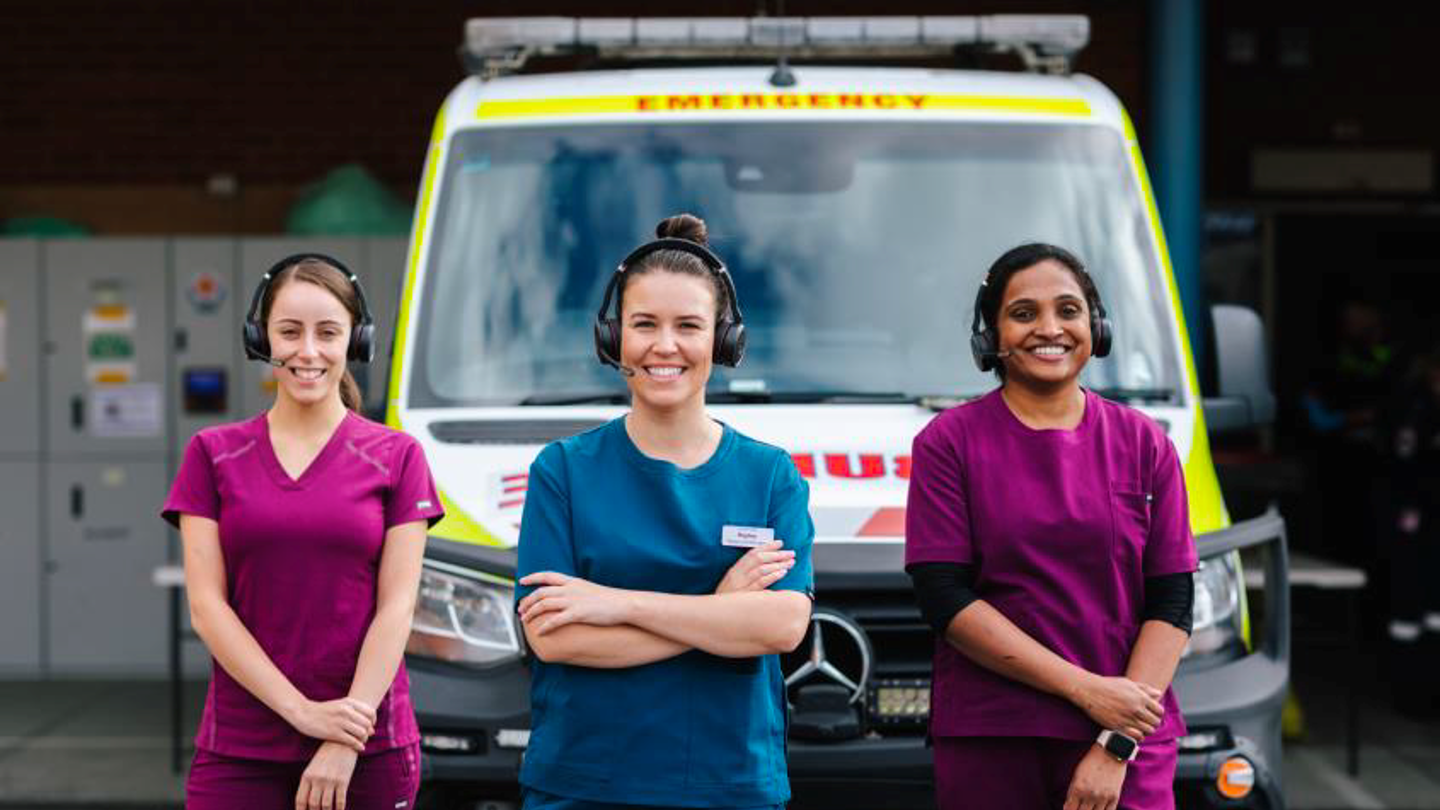There’s little doubt that the Victorian Virtual Emergency Department (VVED) has been one of the most unexpected but impressive outcomes from the COVID pandemic, having grown from a small offering for the local catchment from Northern Hospital in November 2020 to a statewide implementation in 2022 and now racking up over 100,000 consultations to date.
It is being used by Ambulance Victoria, including for residential aged care, and late last year a partner service was launched to give GPs virtual access to Northern Health specialists. This Medical Community Virtual Consult (MCVC) service is now growing at pace and it too has gone statewide, allowing GPs to book in for a case conference with a specialist for complex patients. It offers paediatrics, dermatology and endocrinology among others, all through commonly used technology like Healthdirect Video Call and a repurposed appointment booking system.
The 20-minute consults are quickly booked out so Northern Health is holding a holding a specialist speed consulting session on June 3 for GPs to network and discuss complex cases with hospital-based specialists face to face.
GPs can also book an appointment with a geriatrician while they are visiting a patient in residential aged care, helped by the grants and assistance that the Primary Health Networks have provided to upskill RACFs and staff with telehealth technology and training. Nurses and carers at the facilities also have access to VVED itself whenever they need it, although that is usually when an ambulance has attended.
We learned this week that Queensland is providing remote consultation services for rural and regional GPs with Mater Health specialists through the Queensland eConsultant Partnership Program. Rather than a virtual consult, this takes the form of an asynchronous, secure-messaging based system that was first developed in Canada and has been adapted for the Queensland health system. The hope is that this service may also roll out statewide, although it may face problems with lack of interoperability – nothing new to digital health.
All states and territories are moving at pace with hospital-based virtual care projects but involving GPs is surely the way of the future. Both the MCVC and the eConsultant services are helped immeasurably by the fact GPs can bill for them – either as a multidisciplinary case conference or as an outpatient referral. We expect that with the government’s plans for MyMedicare, its voluntary patient enrolment (VPE) program, which received some extra funding in the recent federal budget and which is due to kick off in the second half of the year.
MyMedicare is being extended to aged care through a new General Practice in Aged Care Incentive (GPACI) involving $112 million over four years, along with $98.9 million over four years to connect frequent hospital users to a general practice to receive comprehensive, multidisciplinary care in the community. The telehealth items for longer C and D consults are being restored for GPs and it would make sense that funding will be able to be used for virtual case conferencing to provide the sort of GP-led wraparound care that the government is so fond of.
Virtual care really has come of age in a hurry. That brings us to our poll question for the week:
Will GPs see value in virtual or asynchronous consults with specialists?
Vote here and leave your comments below.
Last week we asked: Is a State Health Operations Centre a good model for other jurisdictions? Most said yes: 67 per cent were in favour, 33 per cent were against.
We also asked: If yes, why? If not, where else should the money be spent? Here’s what you said.

Yes if the access is timely, easy to book and use and incorporates key clinical governance components
Will GPs see value in virtual or asynchronous consults with specialists? Most think they will: 79 per cent to 21 per cent.
We also asked, if you answered yes, what is the main advantage? If no, what are the barriers to adoption? Here’s what you said:
– Improved access and communication
– No funding for it
– lack of face to face communication
– People can stay locally supports continuity of care
– Absolutely! I’ve been pushing this idea for years. We may start to see push back from non-GP specialists next unless the private ones get on board too.
– Avoid referrals for public patients where advice is required
– For those GP’s who care and have the time it may make a difference. One of the biggest barriers is that many of these people are time poor, so aligning busy diaries will be the biggest challenge. The move to corporate practices has not seen an improvement in the standard of care. In fact, in my view it has fallen with some of the GP’s in these organisations driven by quick turnaround rather than best care. Perhaps in the future we might see care accreditation in the GP area, the only threat being if it goes this way, it hasn’t worked in aged care because it’s administered by bureaucrats. Healthcare generally needs a real overall in this country, but it wont happen sometime soon and for those that think virtualisation is the silver bullet good luck.
– Change inertia and funding
– Increased local support of patients, and an opportunity to learn, upskill and share knowledge